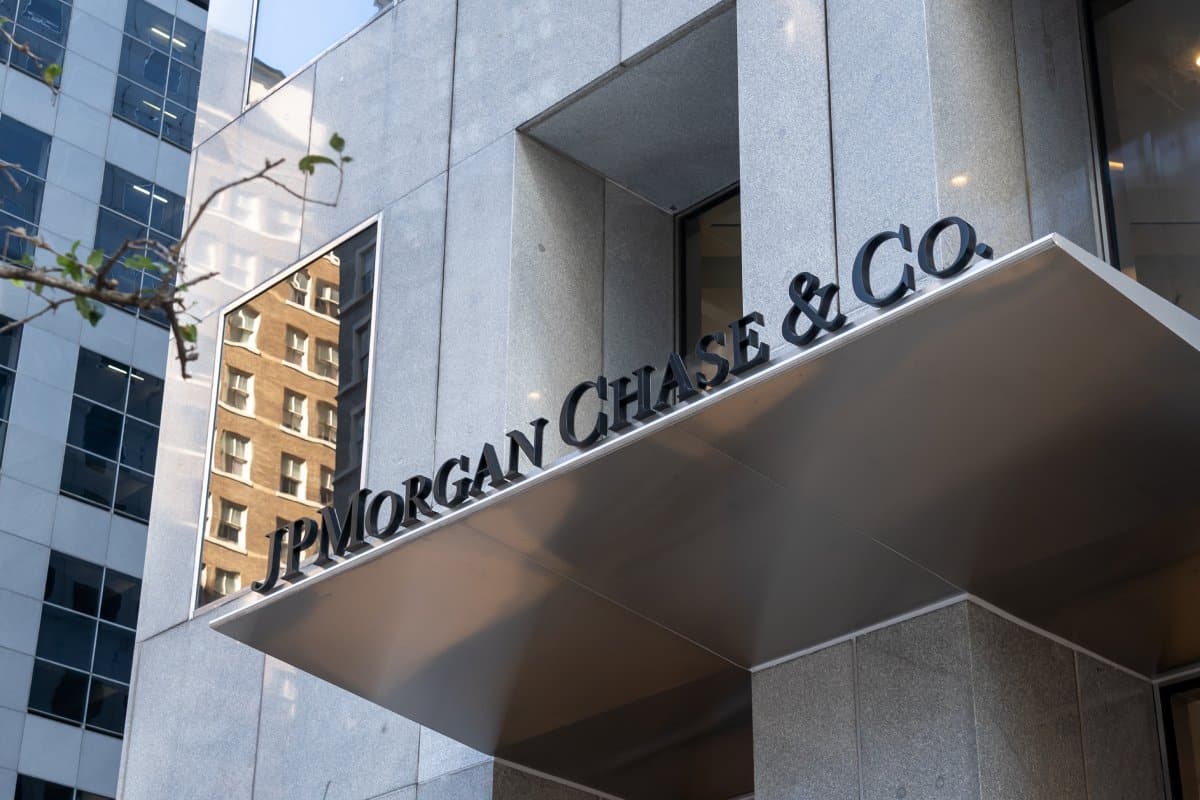
Recent Articles
The close of the year’s first quarter reveals a disappointing trend in the U.S. job market. Employers announced a notable[..]
California’s financial woes are escalating, surpassing initial projections. Initially, Governor Gavin Newsom anticipated a $37.9 billion shortfall for 2024-2025. However,[..]
JPMorgan Chase Bank has courted controversy this week with a new feature and the launch of Chase Media Solutions, which[..]
California workers might need to prepare for a worker revolution, as Assembly Bill 2751 – the right to disconnect bill[..]
Hey there, fellow adventurers! Are you ready to dive into the top European destinations where you can live like royalty[..]
Gather ’round, kid. You look like you’ve got ambition—the kind that’s itching for a shortcut to the high life. Well,[..]
The American Dream, once a shimmering beacon of hope and prosperity, seems to be fading into the rearview mirror of[..]
When it comes to planning for the golden years, the traditional nursing home route seems almost predestined. However, with changing[..]
In recent months, there have been massive layoffs from major corporations in a bid to navigate the harsh economic times.[..]
TRENDING NOW
The U.S. is poised on the brink of a major labor shift. The Biden administration is set to unveil a rule that could transform how gig economy workers are classified, impacting millions and stirring up a mix of reactions across various industries. A Groundbreaking Rule The Biden administration is about[..]
TRENDING NOW
YOUR MONEY,
CAREER & EDUCATION,
BETTER LIVING,
INVESTING
Whether you’re looking to invest smarter, save better, or simply stay in the know about money matters, we’ve got you covered. Join our community of savvy individuals and let’s journey together towards financial success and a brighter future.
With Wealthy Living by your side, achieving your financial goals has never been easier. wealth


ABOUT US
At Wealthy Living, we’re all about making money management and wealth growth a breeze. We provide practical advice, insightful tips, and the latest trends in personal finance, all delivered in a friendly and approachable way.
Whether you’re looking to invest smarter, save better, or simply stay in the know about money matters, we’ve got you covered. Join our community of savvy individuals and let’s journey together towards financial success and a brighter future.
With Wealthy Living by your side, achieving your financial goals has never been easier.

























